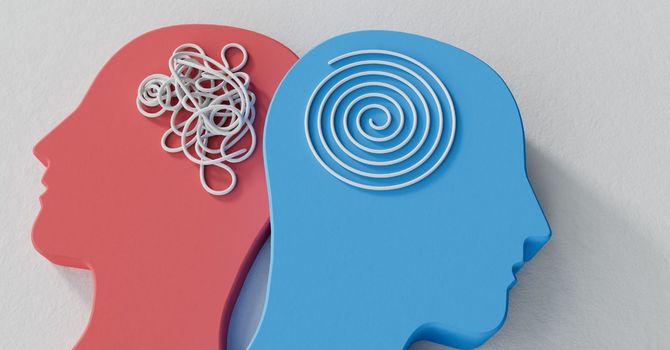Hello and welcome back! In Chapter Three of The Better Brain by Kaplan and Rucklidge, we explore the transformative potential of nutrition on mental health. This segment, stretching from pages 75 to 100, reveals how dietary choices directly impact our mental wellbeing.
Kaplan and Rucklidge begin by emphasizing the critical role of diet in mental health, stating that "Nutrition is the foundation upon which our brain builds itself" (Kaplan & Rucklidge, 75). This foundational principle underlines the entire discussion, illustrating the direct correlation between what we consume and how it influences our brain function and mental health.
The authors delve into the significance of essential nutrients like omega-3 fatty acids, zinc, and magnesium, pointing out that deficiencies in these nutrients are linked to heightened risks of mental health disorders. "Omega-3 fatty acids are crucial for brain function, yet are often deficient in modern diets" (Kaplan & Rucklidge, 82), they note, underlining the disconnect between our contemporary eating habits and our nutritional needs for optimal mental health.
A notable part of the chapter is the discussion on the impact of processed foods on mental health, with Kaplan and Rucklidge observing, "[t]he rise in processed food consumption has paralleled an increase in mental illness" (Kaplan & Rucklidge, 89). This connection highlights the often negative effects of modern dietary trends on our mental wellbeing and advocates for a shift towards whole, nutrient-rich foods. While that being said, I for one know how difficult it can be to eat healthy, especially when mood is low, budget is tight, or any other multitude of factors. The most important thing is that you have this information and can realize that taking these steps to a healthier diet may be easier than expected - and to know you can always reach out for support if you need it.
Continuing on to the technological side of things, the chapter explores the gut-brain axis's role in mental health, emphasizing how gut health can influence mood and cognitive functions. "A healthy gut microbiome is essential for a healthy brain" (Kaplan & Rucklidge, 93), they assert, spotlighting the importance of a balanced diet for maintaining both gut and mental health.
Chapter Three of The Better Brain presents a compelling argument for the critical role of nutrition in mental health. Kaplan and Rucklidge provide a solid scientific basis for dietary influence on preventing and treating mental health disorders, making a strong case for integrating nutritional psychiatry into mental health care.
Action: Visit https://eckertcentre.com/pages/revive-wellness-services to learn more about our partnership with Revive Wellness (Registered Dietician services) and book your free consultation to see how they can help your family improve mental health through food.
Madison, a Psychology Assistant and Digital Marketing Assistant at Eckert Centre, enriches our community with her insightful contributions on mental health. Deepening her psychology knowledge at the University of British Columbia, Madison's passion for mental wellbeing shines through her writing. We value her eloquent words and the insights she shares on her journey towards fostering a "Wise Self." For more insights, information, or to book an appointment, please visit www.eckertcentre.com or contact us at info@eckertpsychology.com.
Works Cited:
Kaplan, Bonnie J., and Julia J. Rucklidge. The Better Brain: Overcome Anxiety, Combat Depression, and Reduce ADHD and Stress with Nutrition. Mariner Books, 2022.




